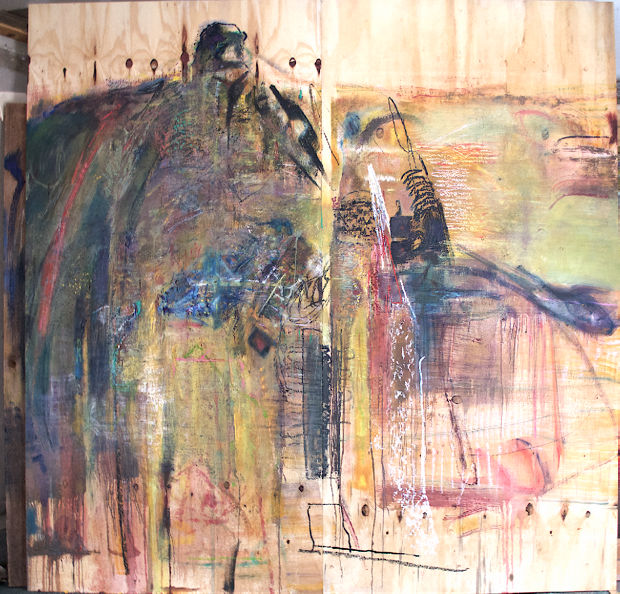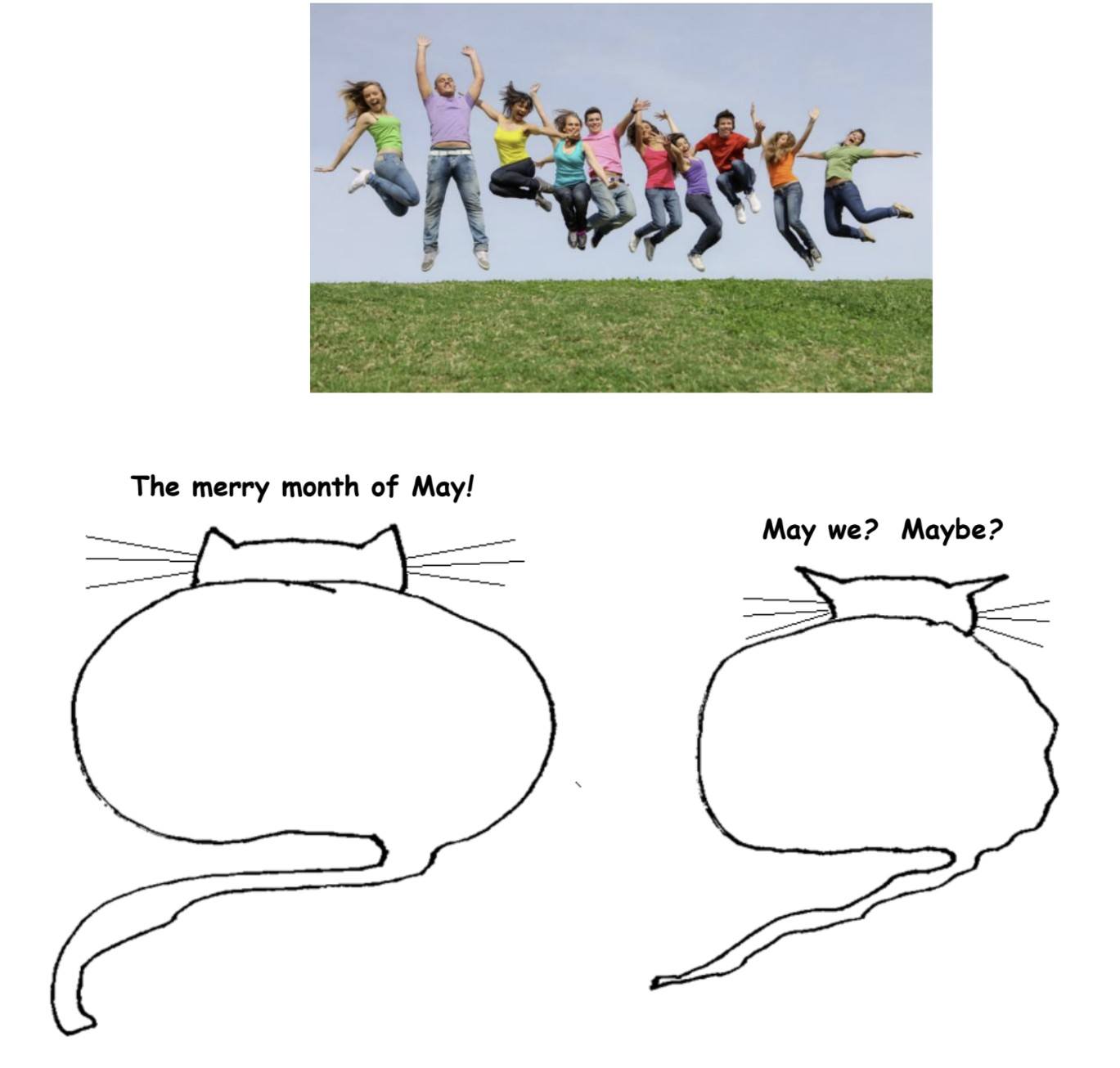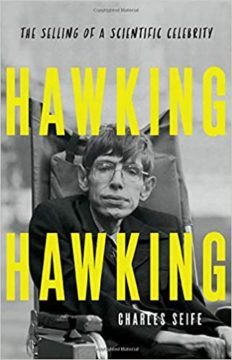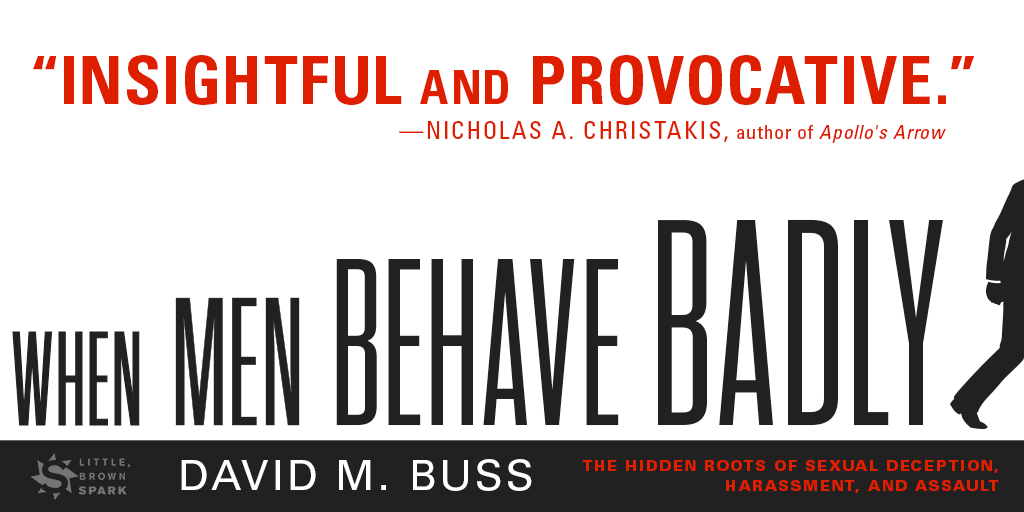by Martin Butler

Shoshona Zuboff’s “The age of Surveillance Capitalism: The fight for a human future at the new frontier of Power” gives an impressive and comprehensive account of how the big tech companies gained their economic dominance, and why this is a problem.[1] We hear much about how these companies fail to pay their fair share of taxes, how they have become monopolies, and how they enable online abuse.[2] Zuboff’s concerns, however, are with a less obvious problem but one that is perhaps more insidious.
The main companies she has in mind are Google and Facebook, although the methods they have discovered are, she claims, spreading throughout the capitalist economy and giving rise to a new form of capitalism altogether, which she identifies as surveillance capitalism. This, she argues, is something so different from anything we have experienced before that we are completely unprepared to deal with it, and it has arisen so quickly and come to dominate so much about our lives that we are still like rabbits caught in the head-lights. Zuboff reminds us of a pivotal truth, easily forgotten, that despite the disingenuously user-friendly message they assiduously promote, these two companies are in essence platforms for advertising and this more than anything else determines what they do. Read more »







 Wine and music pairing is becoming increasingly popular, and the effectiveness of using music to enhance a wine tasting experience has received substantial empirical confirmation. (I summarized this data and the aesthetic significance of wine and music pairing
Wine and music pairing is becoming increasingly popular, and the effectiveness of using music to enhance a wine tasting experience has received substantial empirical confirmation. (I summarized this data and the aesthetic significance of wine and music pairing  Two weeks ago European soccer world was rocked by an announcement that 12 of the top clubs had agreed among themselves to form a European Super League (ESL) to replace the existing European Champions League (ECL). The “dirty dozen” were Real Madrid, Barcelona, Atletico Madrid, Juventus, Inter Milan, AC Milan, Manchester United, Manchester City, Liverpool, Arsenal, Chelsea, and Tottenham. These teams were to be joined by another 8, bringing the total up to 20. A defining feature of the ESL would be that 15 of its members would be guaranteed their place in the competition no matter how they performed the previous year or in their domestic competitions.
Two weeks ago European soccer world was rocked by an announcement that 12 of the top clubs had agreed among themselves to form a European Super League (ESL) to replace the existing European Champions League (ECL). The “dirty dozen” were Real Madrid, Barcelona, Atletico Madrid, Juventus, Inter Milan, AC Milan, Manchester United, Manchester City, Liverpool, Arsenal, Chelsea, and Tottenham. These teams were to be joined by another 8, bringing the total up to 20. A defining feature of the ESL would be that 15 of its members would be guaranteed their place in the competition no matter how they performed the previous year or in their domestic competitions.
 All of human life is quite literally coded into two long, complementary strands of genetic material that fold themselves into a double helix. When cells divide, copies of this genetic code must be made – a process that is known as replication. The double helix unwinds, and a “replication fork” makes its way down the helix in much the same way that a slider separates the teeth of a zipper. Once separated, enzymes get to work on replicating them. Except, only one of the strands is replicated continuously. The second strand is replicated piecewise first, and these pieces – called Okazaki fragments – are then fused together.
All of human life is quite literally coded into two long, complementary strands of genetic material that fold themselves into a double helix. When cells divide, copies of this genetic code must be made – a process that is known as replication. The double helix unwinds, and a “replication fork” makes its way down the helix in much the same way that a slider separates the teeth of a zipper. Once separated, enzymes get to work on replicating them. Except, only one of the strands is replicated continuously. The second strand is replicated piecewise first, and these pieces – called Okazaki fragments – are then fused together. Hassan Abbas’s book, “The Prophet’s Heir: The Life of Ali ibn Abi Talib,” provides an excellent basis for much research, reflection and conversations.
Hassan Abbas’s book, “The Prophet’s Heir: The Life of Ali ibn Abi Talib,” provides an excellent basis for much research, reflection and conversations. In the real world, many nomads desperately want a house. One admits
In the real world, many nomads desperately want a house. One admits  They say that in art, constraints lead to creativity. The same seems to be true of the universe. By placing limits on nature, the laws of physics squeeze out reality’s most fantastical creations. Limit light’s speed, and suddenly space can shrink, time can slow. Limit the ability to divide energy into infinitely small units, and the full weirdness of quantum mechanics blossoms. “Declaring something impossible leads to more things being possible,” writes the physicist
They say that in art, constraints lead to creativity. The same seems to be true of the universe. By placing limits on nature, the laws of physics squeeze out reality’s most fantastical creations. Limit light’s speed, and suddenly space can shrink, time can slow. Limit the ability to divide energy into infinitely small units, and the full weirdness of quantum mechanics blossoms. “Declaring something impossible leads to more things being possible,” writes the physicist  This article contains obscenities and racial slurs, fully spelled out. Ezekiel Kweku, the Opinion politics editor, and Kathleen Kingsbury, the Opinion editor, wrote about how and why we came to the decision to publish these words in
This article contains obscenities and racial slurs, fully spelled out. Ezekiel Kweku, the Opinion politics editor, and Kathleen Kingsbury, the Opinion editor, wrote about how and why we came to the decision to publish these words in  Professor David M. Buss, a leading evolutionary psychologist, states in the introduction of his fascinating new book that it “uncovers the hidden roots of sexual conflict.” Though the book focuses on male misbehavior, it also contains a broad and fascinating overview of mating psychology.
Professor David M. Buss, a leading evolutionary psychologist, states in the introduction of his fascinating new book that it “uncovers the hidden roots of sexual conflict.” Though the book focuses on male misbehavior, it also contains a broad and fascinating overview of mating psychology.